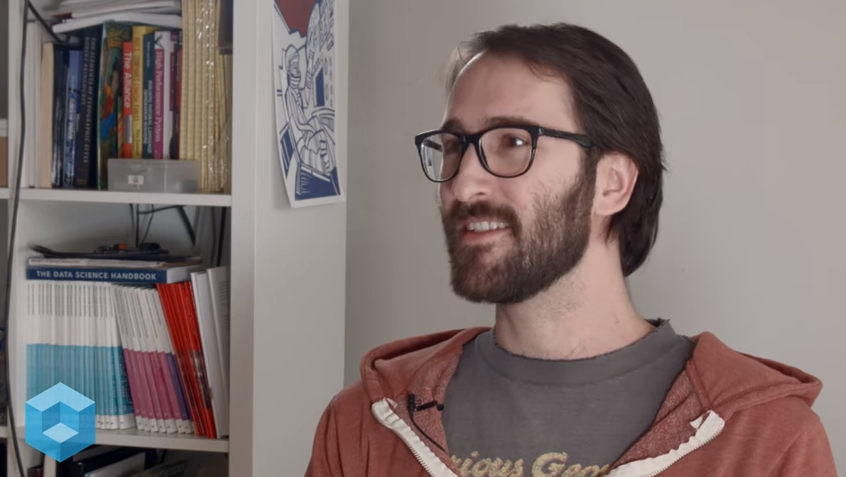 NEWS
NEWS
 NEWS
NEWS
 NEWS
NEWS
The idea that intelligent machines will make humans obsolete in many industries employing today’s population is a common concern for everyone except the people building those machines. Case in point, Micha Gorelick, a data scientist and engineer with Fast Forward Labs, doesn’t talk glowingly about the superiority of algorithms compared to brains, but rather stresses their limitations.
The crucial question people have to ask, he told Jeff Frick, cohost of theCUBE, from the SiliconANGLE Media team, is what problem is this algorithm solving?
“It’s important to understand how is that algorithm smarter than me and when should I not trust it?” he explained. “When should I trust myself more?” If your problem is a moving target, an algorithm may miss as often as not.
Gorelick said that machine learning algorithms would best be viewed as constantly improving works in progress. Adding to them to make them smarter, make them do more, anticipate more and answer more is the name of the game. To that end, encouraging exploration in seemingly unrelated areas is key.
“Noncommercial exploration is incredibly important, and it expands the field, it expands our knowledge, and it will come back to help the commercial people,” he concluded.
Watch the full interview below, and be sure to check out more of SiliconANGLE and theCUBE’s coverage of Fast Forward Labs Innovation Day.
THANK YOU